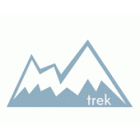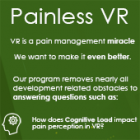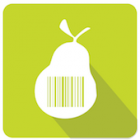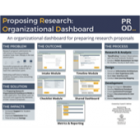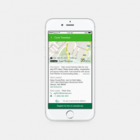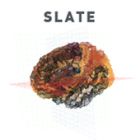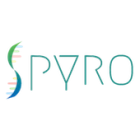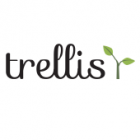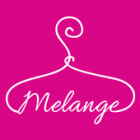
Mélange - Closet on Cloud
Fashion: a word that is synonymous with affluence, beauty and confidence. However, a little known fact is that the clothing industry is the second largest polluter in the world, second only to oil. Additionally, a new survey of 2,825 adult women in the U.S. shows that 36.85% of them admit to not wearing most dresses they bought. (Krupnick n.d.)So, what can two women who consider themselves “conscious fashionistas” do to save the world one dress at a time? Empowered with information and driven by technology, the Mélange team educates adult women about their fashion carbon footprint through an activity that they famously enjoy: Shopping! By leveraging the cloud platform to enable women to rent used clothes, we are solving a problem for the women by the women. We believe that this crowd-sourced resell model will drastically reduce the waste generated due to the current absence of an efficient clothing discarding system. Krupnick, Ellie. n.d. "American Women’s Shopping Influenced Heavily By Fashion Trends, Survey Finds." huffingtonpost.com. Accessed May 9th, 2016. http://www.huffingtonpost.com/2013/02/26/american-women-shopping_n_2764634.html.

